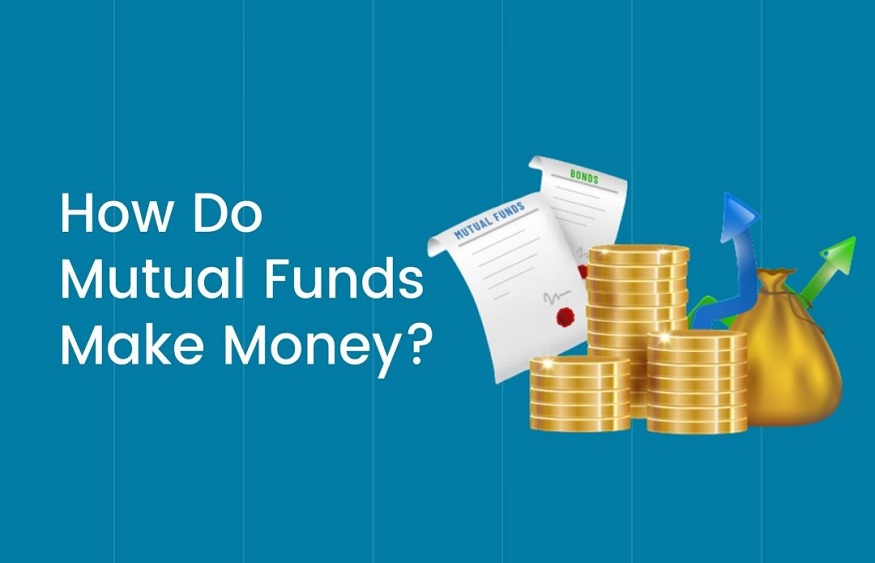Do you wonder why you keep hearing about a bear market? Do you know what a bear market is? In a bear market, stock prices fall and can affect your investments and retirement savings. When the market is down, it is important to know what to do and what to resist.
How do you know if you are in a bear market?
A bear market is a period when, after reaching highs, the value of stocks drops sharply, usually by 20% or more. Word of a bear market began on June 13, 2022 when the S&P 500 Index, which measures stock market performance in the United States, entered that zone, closing nearly 22% below its January 3 summit 1 . In Canada, the S&P/TSX Composite Index has not yet crossed this threshold. However, it has recently fallen 17% below its last high reached in April, with some stocks falling even further 2 . Due to these declines in the Canadian and US markets, Canadian investors are likely feeling the effects of a bear market.
A bear market can occur when investors react to events such as a slowing economy, a global crisis, declining corporate earnings, or major changes in the economy or government policies. These events affect their confidence in the potential of the shares and cause them to sell their shares or avoid taking risks, which leads to a decline in the price of the shares. The most recent bear market coincides with, among other things, high inflation and rising interest rates and energy costs.
How long does a bear market last?
Depending on the factors driving it, a bear market can last a few weeks or a few months. It can more rarely extend for years showing occasional rallies when the markets go up. In a nutshell, a bear market lasts until investors regain confidence. This happens, for example, when stock prices are low and investors receive good news about what had initially weakened their confidence. When investors start buying and taking risks again, the market recovers.
Survive the bear market
Because bear markets are unpredictable, there are no foolproof methods to protect your investments. Don’t let uncertainty push you into doing what you should avoid at all costs: making rash decisions.
When the markets go down, focus on your goals, recognize that times like this have always been temporary, and try to position yourself for the recovery to come.
What to avoid in a bear market – knee jerk reactions
A common mistake is to divest from investments when the market is down. While the temptation to limit your losses is great, selling at the wrong time could lock in those losses and miss out on opportunities for gain when stock prices rally. Selling at a loss in a bear market is unlikely to help you achieve your goals.
If you need to sell for a particular reason, such as to recover short-term cash, it’s important to consult a financial advisor on what to sell and by how much. Stick to your long-term plan.
What to do in a bear market – strike a balance
To weather a storm, you need a well-built boat. In this image, the boat represents a balanced fund combination. Wherever you are in your savings journey – early, nearing retirement or already retired – make sure you have a diverse fund invest in the CAC mix. You must therefore invest not only in different stocks and bonds, but also in securities of various types and styles which do not all behave in the same way under similar conditions. So if one part of your portfolio isn’t producing the return it should, another takes over and protects it.
In a bear market, some types of funds do not react as they normally would in other circumstances. This is what we have seen recently with fixed income funds 3 , which do not offer the same protection as they usually do. But that shouldn’t change your overall plan. You will be better positioned for recovery if your fund mix is balanced.
Consider reviewing your portfolio with your financial advisor to determine how it could be better balanced and prepare for the market recovery.
Several factors explain why time and patience are your best allies:
Bear markets have been relatively rare since 1950. There have been 15 bear market episodes during this period that have lasted from one month to 2.5 years 4 . Even the longest bear markets eventually faded.
So far, the markets have always recovered.
Even if you’re retired, time can work in your favor because your investments fund your long-term expenses as well as the short-term.
Focus on your goals. Avoid worrying about the downside that threatens your investments in the immediate term because in the long term, the markets will eventually go up.
Get advice
Finally, before making any decisions in a bear market, talk to your financial advisor . Take a look at your investments and goals together. Make sure your portfolio is as well protected as possible and that you are well positioned for a possible recovery.

